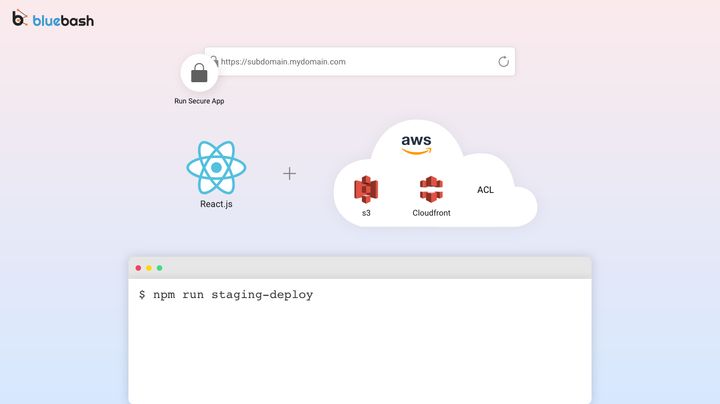CRM Management Tools: The Best Choice for Your Business?

The use of CRM platforms today is common among businesses to streamline their marketing, sales, customer service, and operations teams, and provide a better customer experience. Almost all businesses seek out CRM platforms to provide remarkable customer experiences. Data gathered about their customers and prospects by all types of businesses is used to maximize the quality of their marketing. This goal is achieved through custom CRM solutions that improve customer service and increase profits.
Therefore, It's crucial to have a clear idea of what CRMs do and what the differences between them are.
What is CRM Software?
Customer relationship management (CRM) software is a customer database management system tool that helps you store and manage information about your customers. The CRM software allows you to manage customer information, purchase histories, service requests, and even marketing campaigns.
A great CRM program will keep track of your customers' contact information and will remember the details of every interaction you have had with them, whether it was by phone or email, and lately even via social media or your customer service desk.

The Best CRM Software Types for Your Business
- Operational CRM- Organizations manage the majority of their business processes with the assistance of an operational CRM. Operational CRM provides a set of functions that contribute to delighting and retaining customers. This tool helps companies generate leads, convert those leads into contacts, and provide service infrastructure.
- Analytical CRM- Companies use analytical CRMs to collect and analyze customer data in order to serve them better information about customers can include contact information, preferences, and behaviors. Top management uses this software for analyzing customer data in order to improve organizational efficiency.
- Collaborative CRM- An organization's internal data, such as marketing, sales, and service, can be combined in a collaborative CRM system. Collaborative CRM tools allow departments such as sales and marketing to share information more effectively, as well as support departments. Customers' inquiries are often difficult to address when these departments work separately from each other.
CRM Benefits?
- Customer Engagement- All activities are made visible to everyone as team calendars, shared diaries and service schedules are shared. CRM systems are primarily intended to assist businesses in engaging their customers.
- Ensure efficient growth- CRM systems enable organisations to achieve greater scale and growth by better aligning people and processes. Through CRM, your teams will be more productive, work more effectively, and develop a greater understanding of your organization as a whole
- Updated Growth Insights- By utilizing CRM, Data-driven results improve an organization's performance and serve as a strong differentiation tool rather than gut-feel-based decisions for future by product update.
- Multi-platform Access- Through mobile apps, web interface and offline access, CRM technology empowers people to get work done anywhere on any supported device or operating system.
- Safeguarding Business- By securing your data in the cloud, you can control access to customer and business information. Taking advantage of automated back-up and advanced protection, data is protected from any unexpected events which results in safeguarding the business.
Over the past decade, Bluebash has been helping companies achieve their objectives with CRM technology for the past decade. We introduce new CRM platforms, provide ongoing CRM support while delivering quality results.
Contact Us, We will be glad to answer any questions you may have about our approach.



